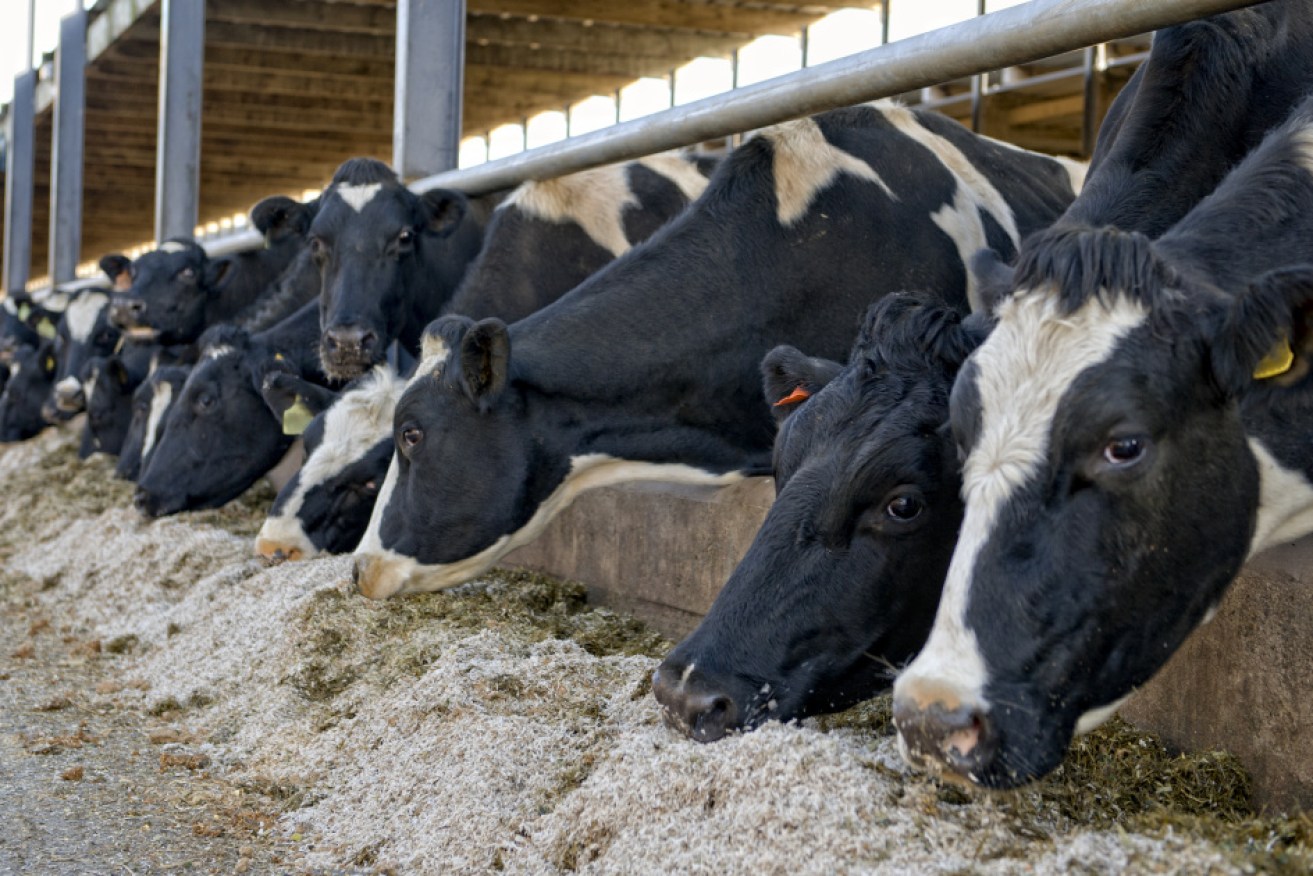For the sake of human health we must stop giving antibiotics to animals, experts warn


Reducing the amount of antibiotics used in food production could help stop the rise of antibiotic resistance. Photo: Getty
Food animals are consuming greater quantities of antibiotics than humans and it’s putting our health at risk, researchers have warned.
A “large volume of antibiotics is used in food-producing animals in Australia”, and that has grave implications for the ongoing effectiveness of life-saving antibiotic medicines in humans, according to an article published in the Medical Journal of Australia on Monday.
Slashing the massive amount of antibiotics given to animals in Australia is key to fighting the alarming rise of antibiotic resistance in humans, Monash University Professor of Infectious Diseases Epidemiology Allen Cheng and Alfred Health researcher Freya Langham wrote.
Using data from the Australian Pesticides and Veterinary Medicines Authority, the Pharmaceutical Benefits Scheme, and the National Antimicrobial Utilisation Surveillance Program, the researchers showed that staggering quantities of antibiotics that are vital for human health were being sold for animal use.
Between 2005 and 2010, “an average of 182 tonnes were sold for use each year in animals … and 121 tonnes per year were used in humans”, Professor Cheng and Dr Langham said.
“In humans (both in community and hospital settings), penicillins made up the majority of antibiotic use, representing 52.9 per cent of all use,” they wrote.
“Macrolides and tetracyclines were used in much greater volumes in animals compared with humans.”
While the drugs were mostly used in food animals for “therapeutic purposes”, a significant portion of macrolides (11.5 per cent) were used for “growth promotion purposes”, the research showed.
The amount of antibiotics used for food animals could be cut by clamping down on the use of the drugs for purposes other than infections, developing preventive strategies such as vaccination, and better design of production facilities, Professor Cheng and Dr Langham said.
The researchers called for new systems to “monitor the amount of antibiotics that are used in animals, and to what degree this is appropriate”.
They also pointed out that a “significant proportion of antibiotic use in humans is inappropriate, and this needs to be addressed in both hospital and community settings”.
Nearly a quarter of hospital patients may be taking unnecessary antibiotics, research suggests.
Hospital surveys cited by the authors estimated that “38 per cent of patients are receiving at least one antimicrobial at any single point in time, and 23 per cent of these antibiotics were inappropriate”.
The findings follow warnings by scientists that there is a “black hole in surveillance” leaving Australians vulnerable to drug-resistant superbugs including typhoid and gonorrhoeae.
There is currently a “large reservoir of antimicrobial resistance” (AMR) both “within Australia and at our doorstep”, Microbiological Diagnostic Unit Public Health Laboratory deputy director Deborah Williamson and colleagues wrote said.
The introduction of antibiotics in the mid-20th century provided a “transformative defence” against infectious diseases, leading to “lifesaving advances” in medical care, Associate Professor Williamson and colleagues wrote.
Despite the “high level of health care” enjoyed by most Australians, the global rise of antimicrobial resistance presents “unique threats” to the nation.
“We face a situation where common bacterial infections may again become untreatable, and the vulnerable in society capitulate to infection,” the researchers warned.








